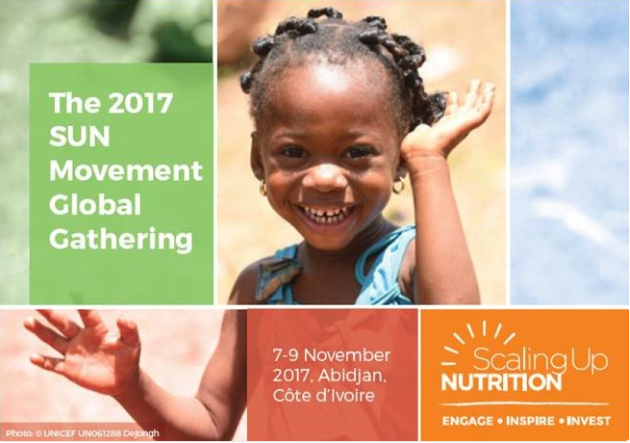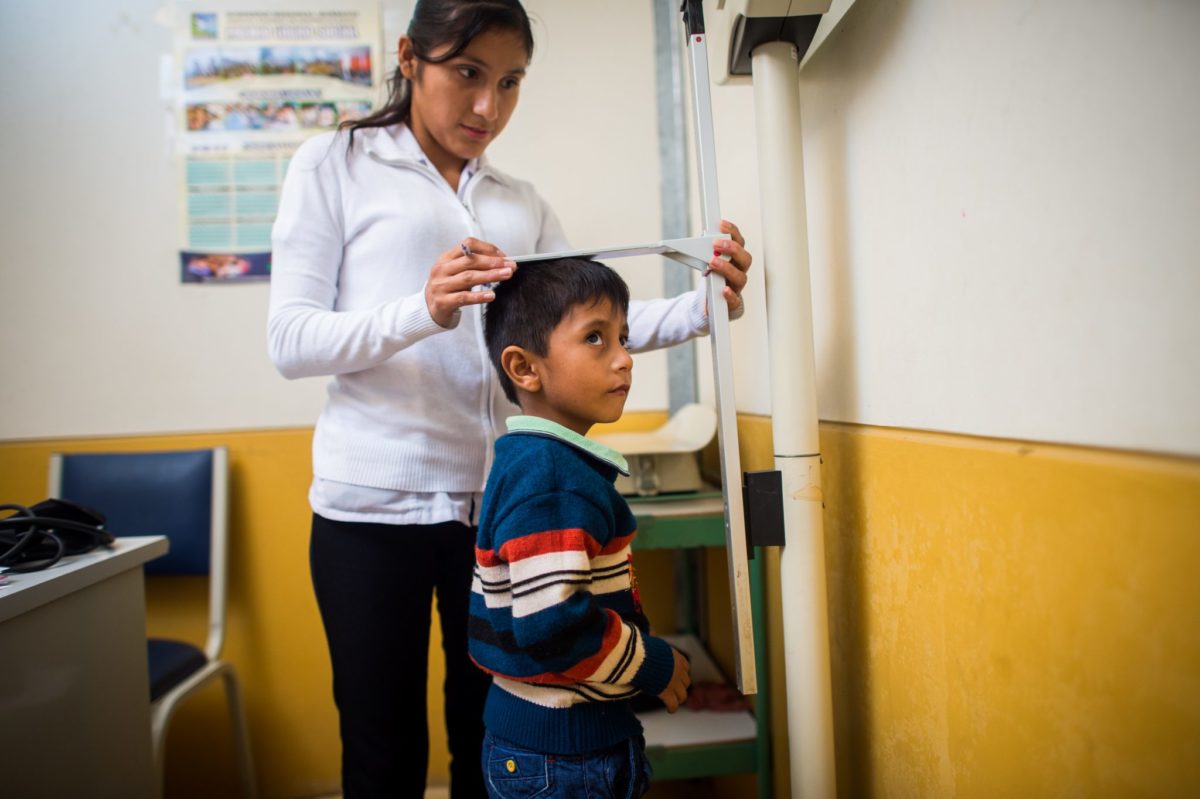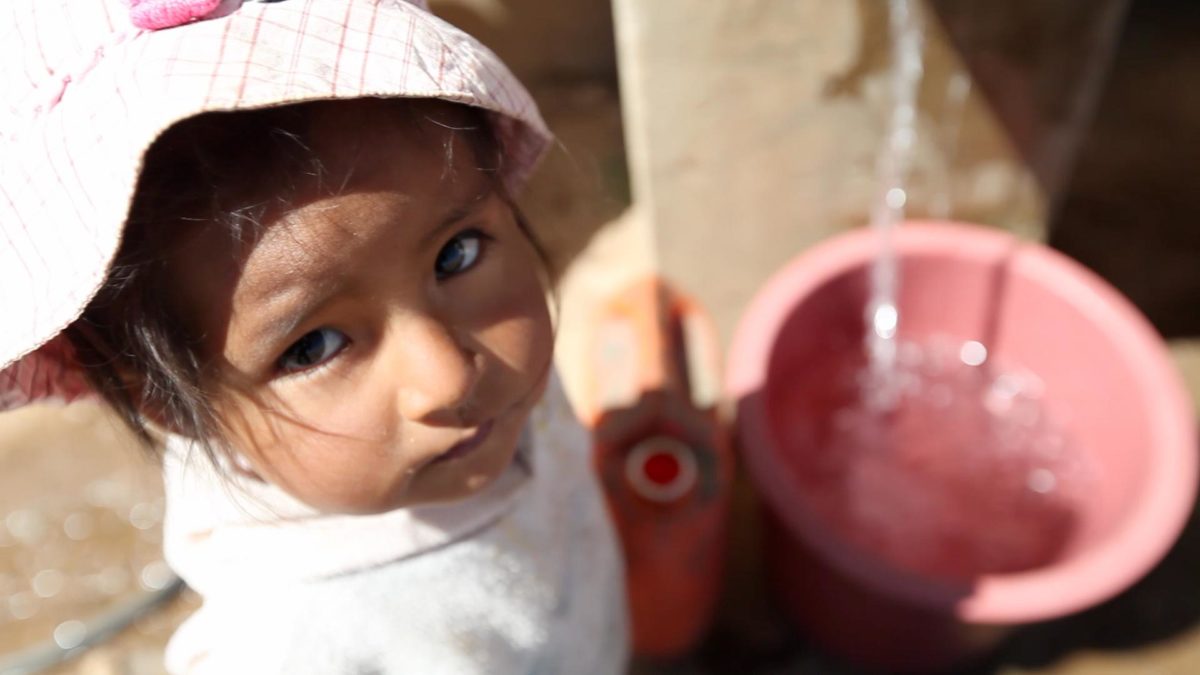Milan Global Nutrition Summit and SUN Global Gathering Inspire Action
This past week, 1,000 Days traveled to Milan, Italy and Abidjan, Cote D’Ivoire to be a part of two groundbreaking events in the global nutrition movement: the Global Nutrition Summit and the Scaling Up Nutrition (SUN) Global Gathering.
Milan Global Nutrition Summit
In Milan, the Global Nutrition Summit brought forth new commitments from new funders in the philanthropic community. $3.4 billion was mobilized, with $640 million in new commitments from family foundations and the Power of Nutrition, signaling a growing interest from diverse stakeholders. New investors in nutrition add a much-needed infusion of capital that will help drive innovation and research to save and improve more lives with good nutrition.
The program included inspiring remarks from notable attendees including Kofi Annan and Graca Machel. Graca Machel reminded us that it is unacceptable to not do more to combat malnutrition. The global community has set goals for ourselves, including a set of global nutrition targets and the Sustainable Development Goals (SDGs), and we must work to achieve them. As Ms. Machel urged, these goals should be viewed as promises to future generations and “you never break a promise to a child.”

Ms. Graca Machel urges greater action on nutrition, saying the current scale of the problem is unacceptable
Onward to Abidjan, SUN Global Gathering
In Abidjan, we were united with hundreds of people from around the world working to keep those promises and ensure that no child suffers from malnutrition. The SUN Global Gathering brought together government officials, nutrition experts, the private sector and advocates dedicated to ending malnutrition.
For the first time since the Global Gathering started in 2012, the event was held in a SUN country, Cote d’Ivoire. Strong political leadership and high-level participation, combined with the energy and enthusiasm from all participants, demonstrated that the global movement for nutrition is alive and well — and growing.
Country and Civil Society Driven
The SUN movement is a truly country-driven movement, composed of vibrant partnerships in 60 countries and three Indian states. Within this movement are the more than 2,000 organizations that comprise the SUN Civil Society Network which are integral to advocacy, awareness raising, and building political will for nutrition. They sit at the center of SUN efforts, with access to decision makers, media and constituencies. Funding for civil society is critical for the global nutrition movement to be successful and to grow, but it is nearly impossible to find sufficient resources. If we want world leaders to pay attention to nutrition, we need to ensure that nutrition civil society is thriving in every country.
There’s also much more that can be done to widen the tent for nutrition and bring together new actors in every country. As an African proverb says, “If you want to go quickly, go alone. If you want to go far, go together.” Together we can go far, but we need to continue to bring others along with us, including those working in other sectors, to have the most impact.

1,000 Days global health corps fellow, Mwandwe Chileshe speaks with former SUN Movement Coordinator David Nabarro
Our Inspiration
As advocates working to improve nutrition for women and children, we are never alone. Our allies and colleagues around the world work alongside us for a better future. Our collective outrage that malnutrition is still responsible for nearly half of all child deaths drives us. But that outrage is just the starting point. As the Global Nutrition Summit and the SUN Global Gathering put front and center, it’s the stories of progress and change, the people working tirelessly for this cause globally, and the commitment to building a world free from malnutrition that continue to inspire a global movement.




 A
A 